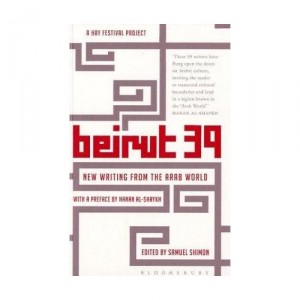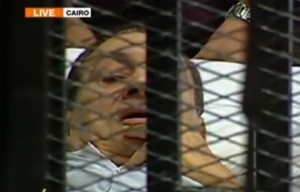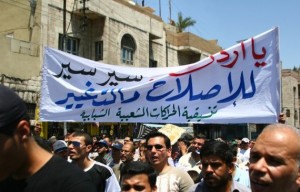In the 1,000 years since the reign of the Caliph Mamoun as many books have translated into Arabic as Spain translates in one year, according to the 2002 Arab Human Development Report.
 In recent years there have been several initiatives around the region to address this issue. Beirut, which was named World Book Capital by UNESCO last year, launched Beirut39; an initiative to select 39 writers of Arab heritage under the age of 39. An anthology of their work was published this month as part of World Book Day celebrations.
In recent years there have been several initiatives around the region to address this issue. Beirut, which was named World Book Capital by UNESCO last year, launched Beirut39; an initiative to select 39 writers of Arab heritage under the age of 39. An anthology of their work was published this month as part of World Book Day celebrations.
The Qatar Foundation joined forces with UK publisher Bloomsbury to create Bloomsbury Qatar Foundation Publishing, with the mission of publishing “quality books – for children, fiction and non-fiction for adults, information titles, as well as academic monographs.”
 The International Prize for Arabic Fiction was launched in Abu Dhabi in 2007 with the support of the Booker Prize Foundation in London, and in 2008, Abu Dhabi had launched the KALIMA project, with the initial plan of translating 100 books into Arabic.
The International Prize for Arabic Fiction was launched in Abu Dhabi in 2007 with the support of the Booker Prize Foundation in London, and in 2008, Abu Dhabi had launched the KALIMA project, with the initial plan of translating 100 books into Arabic.
What do you think of all these initiatives? What’s your say on the state of publishing and reading in Jordan and the region? Do you read Arabic-language books or books by Arab authors? Who are your favorites? What do you think can be done to create a new culture of reading in Jordan?
Have your say here.






